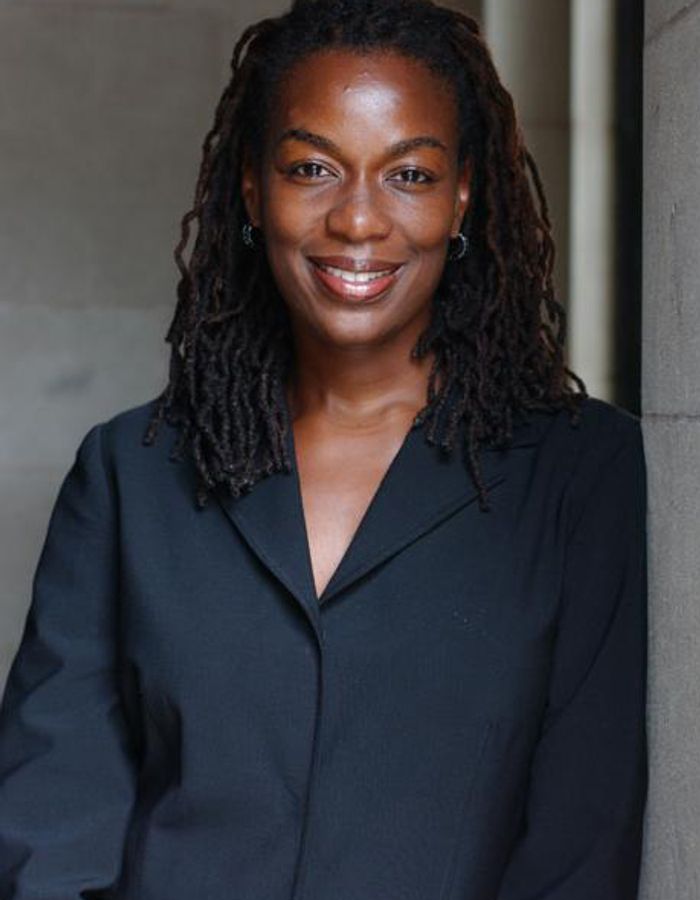Dealing with Online Harassment for Charities and Non-Profits

Many organisations struggle with and are unclear on how to deal with negativity online. If an organisation deals with online harassment in the wrong way, either by ignoring it or simply deleting it, it could be detrimental.
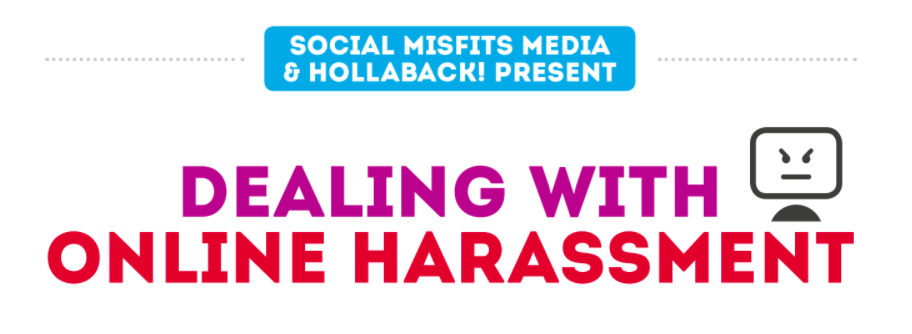
Online harassment is more prevalent online than ever before, especially towards organisations working with vulnerable people, and it’s important for charities to feel safe and confident when dealing with online harassment. According to a study carried out last year by the Data & Society Research Institute that surveyed 3,002 Americans, women are disproportionately affected by online harassment. 20% of young women aged 15-29 reported online stalking (compared with 8% of all internet users), and 41% of women aged 15-29 self-censored in order to avoid online abuse. LGBTQ Internet users are also more than twice as likely to experience online harassment than heterosexual Internet users. Although there are no studies looking exclusively at the effects of online harassment on charities, it’s clear that many deal with online harassment on a regular basis, and view it as a serious threat.
Our friends at Social Misfits Media have teamed up with Hollaback! to develop an infographic to help charities and non=profits deal with online harassment. The infographic has a flowchart for you to follow when you receive negative comments on social media. It’s intended to be used in the moment, to help you deal with specific situations when they arise. It’s available to download for free so you can share it with your team, print it off, and put it up in your office, to make sure all of your staff feel safe and in control when dealing with any form of online harassment. This will make sure any harassment is dealt with efficiently and consistently and can be especially helpful for organisations who have multiple team members or volunteers who help to run social media accounts.
Emily May, Co-founder and Executive Director of Hollaback! says: “Online harassment is on the rise globally, and organisations doing great work are increasingly targeted. We’re proud to partner with Social Misfits Media on this infographic to help teams distinguish between what is and isn’t online harassment, and figure out what to do when online harassment occurs.” May highlights the importance of this guide by adding,“ Too often we see organisations eager to ignore online harassment, only to discover later that the harassment poses a security risk, or that it’s silencing staff from speaking out online. This guide is a first step to deciding what is or isn’t online harassment and then responding to it. We’re in the process of issuing further guidance on what organisations can do to further improve their security and meet the needs of staff directly impacted by online harassment, so stay tuned!”
Our hope is that you find this guide gives your staff and organisation the knowledge and confidence to deal efficiently with online abuse, so that you can continue to focus on the great work you’re doing, and reaching those who need your help the most.
Latest articles
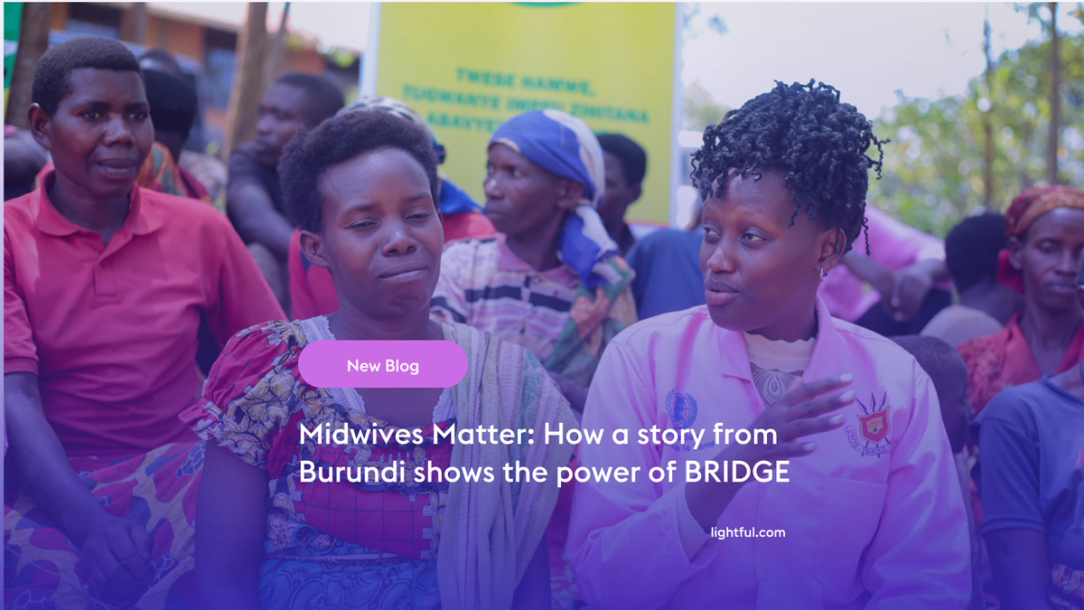
Over the past year, Lightful and the International Confederation of Midwives (ICM) have supported Midwives Associations across Africa, South Asia and the Eastern Mediterranean to build their digital confidence through our BRIDGE programme. These organisations were starting from very different places, but all shared the same goal: to use digital tools to strengthen their voice, raise their visibility and advocate for better outcomes for women and babies.
Related posts
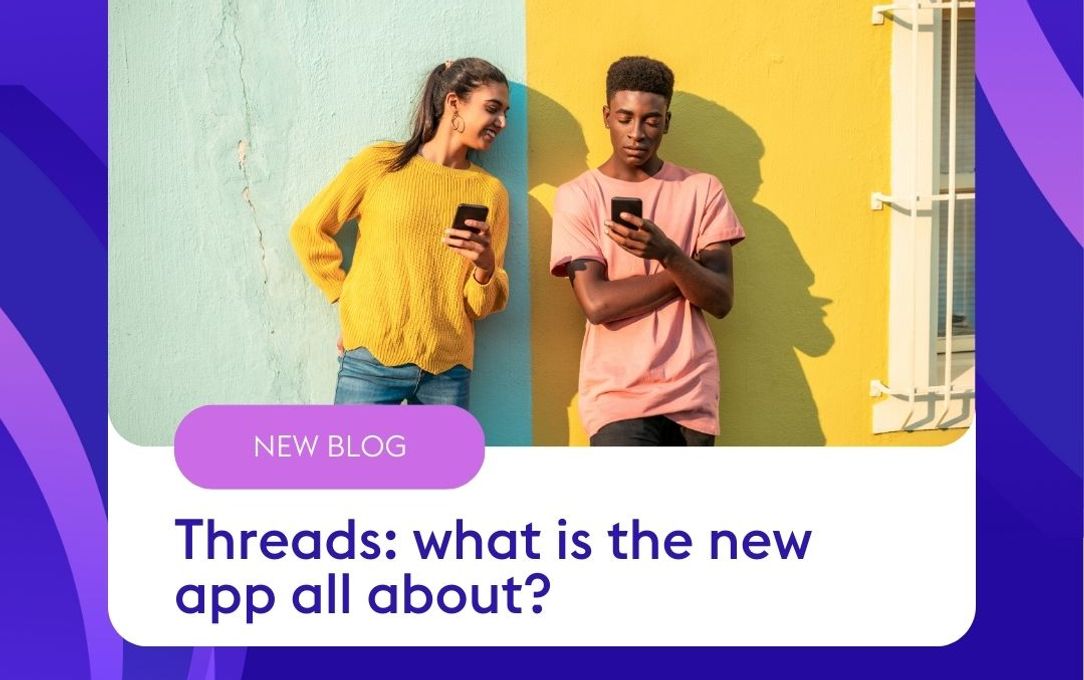
Meta’s latest app gained over 100 million users in just a few days, becoming one of the fastest growing apps ever. To put this into perspective, it took two months for Open AI’s ChatGPT to reach 100 million users, and we thought that was fast!
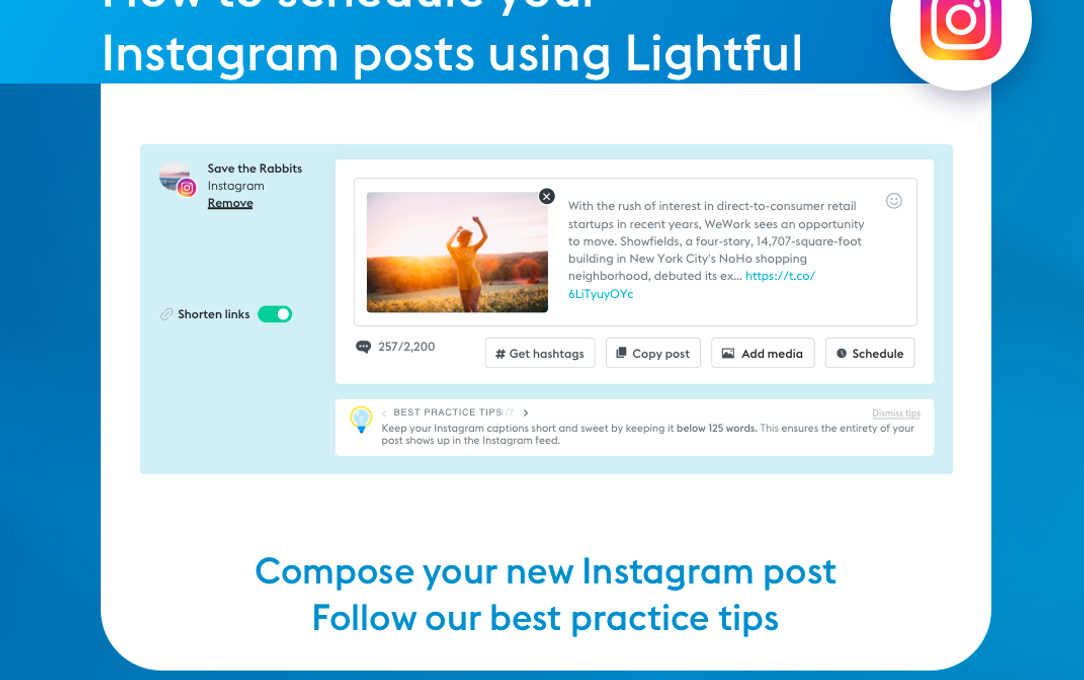
Instagram is a visual channel that helps you build an engaged community of people who are following your cause.
See who we help
Contact us
Want to learn more?
Email Jonathan and start a conversation






